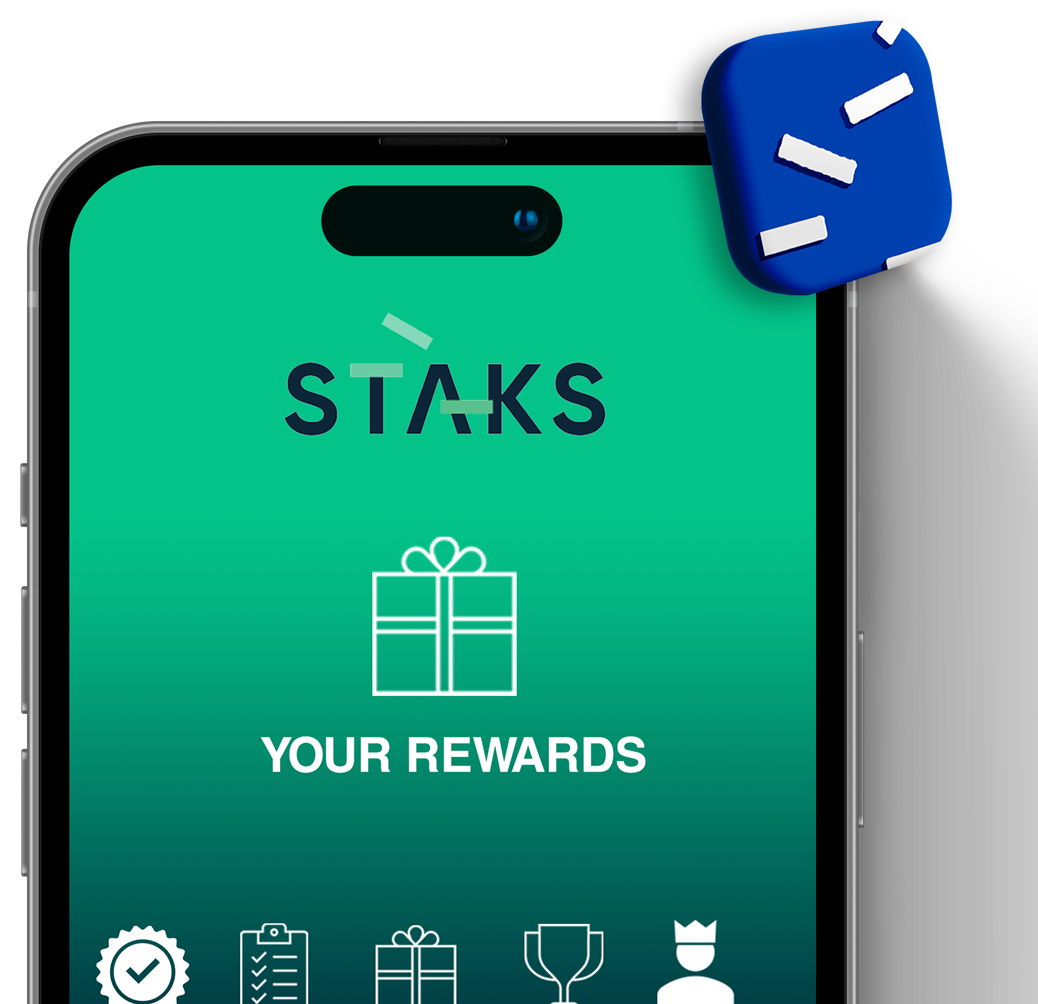The final day of the Permissionless 2022 conference gave me the opportunity to attend one of the most informative panels I had the pleasure to sit in on. It was called “How NFTs Are Changing Culture”.
The short answer: power is shifting from platforms to creators.
If You Build It, They Will Like, Follow, & Subscribe
Before the internet, an artist could only find an audience with a live venue, big brand, or media company. Then new media platforms like YouTube came along and delivered unparalleled access to independent creators.
While the source of the audience changed, the dynamic of the platform as audience wrangler and the content creator as entertainer was pretty much intact.
Tech Versus The Middleman
So I’m watching this panel of CEOs from different platforms excitedly discuss how content creators are now the owners of their audiences and I’m wondering what I’m missing.
Not that I don’t understand why content creators and fans would enjoy direct access to each other. Platforms like Patreon have already shown the desire for this one-on-one communication between passionate fans and innovative creators.
What I was wondering is why these titans of industry welcomed this loss of control.
Why Are Platforms Working With Web 3.0 if They Stand To Lose?
People with money and control aren’t typically thrilled to give it up. Nevertheless, we’ve already seen massive developments in Web 2.0 that have put more power in the hands of creators.
I understand staying ahead of the curve but the genuine excitement for tech had me interested to learn what these leaders were looking at with a smile.
After the panel, I got a chance to speak with Moti Levy, the CEO of DeviantArt and an excited innovator in this paradigm shift. I asked him if he had any concerns over platforms losing control of their audiences and he shared with me a different vision for them moving forward.
Industry Scaling Will Come From Digital Utility Development
The same way Brick and Mortar stores who resisted internet shopping fell by the wayside, so too will platforms who refuse to develop user experience and tools for artists that enhance the community.
User interface, access to cutting edge multimedia software, and an accessible and safe market for fans and content creators to interact will define the winners and losers of the next stage in media and fandom. A key emphasis I’d like to make here is safety.
Breaking News: People With Money Don’t Meet in Alleyways
DeviantArt has been rolling out features for their artists to publish, market, and sell NFTs on their site. While this has brought in a lot of opportunities for patronage, especially for newer artists on the scene, it has come with an abundance of fraud and stolen artwork.
In response to this,the site has been developing their Protect Protocol which scans the blockchain for stolen artwork automatically, saving artists the time and hassle of tracking down their IP.
While artists and fans don’t want platforms interfering with their communications, they do want easy and secure access to payment. Despite the promises of a permissionless, trustless web, users are going to want assurance that cold war paranoia isn’t a necessity to interact in their space.



